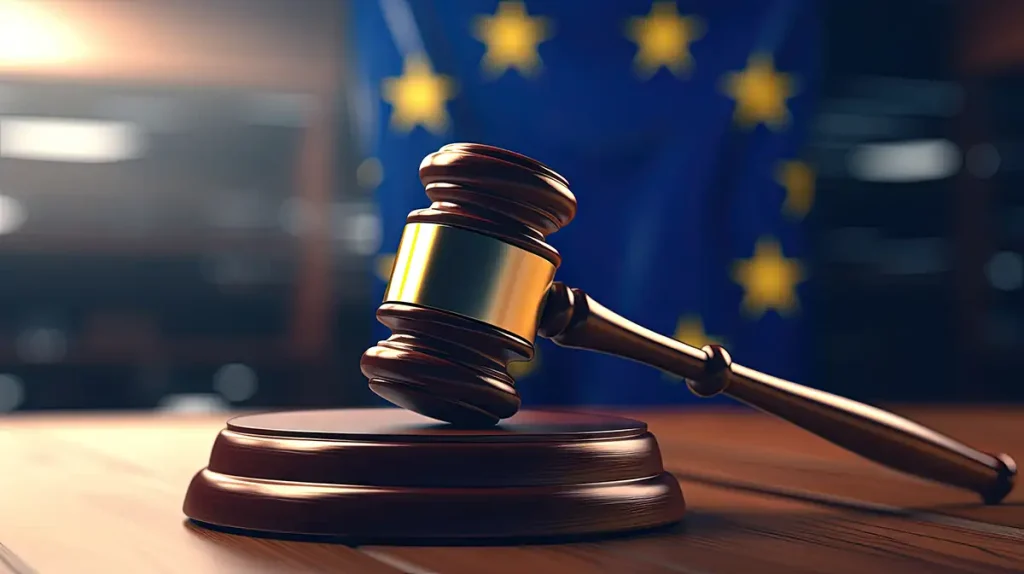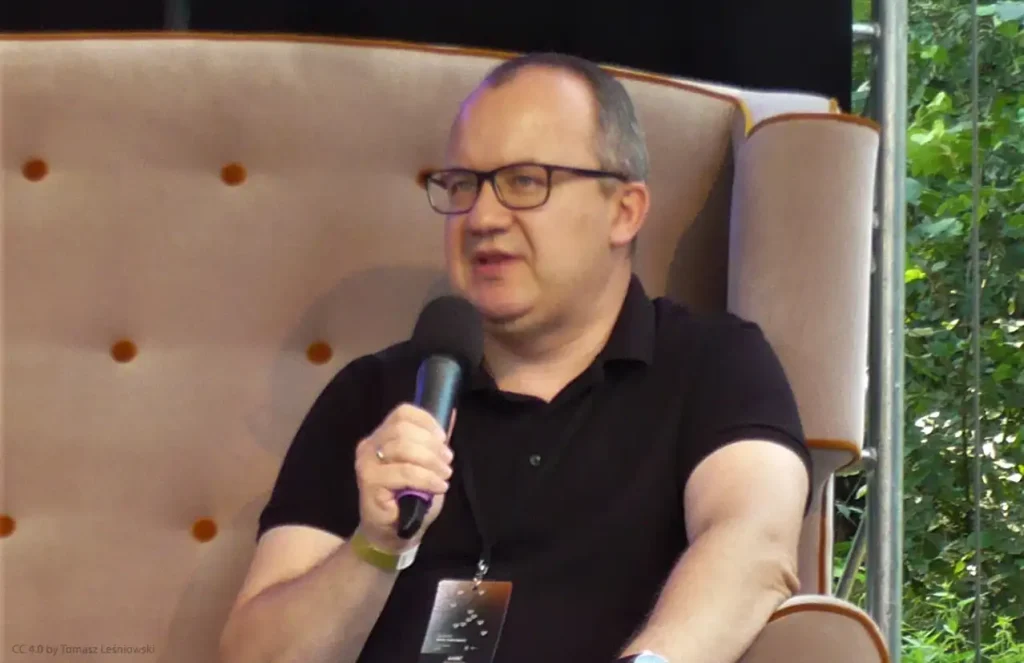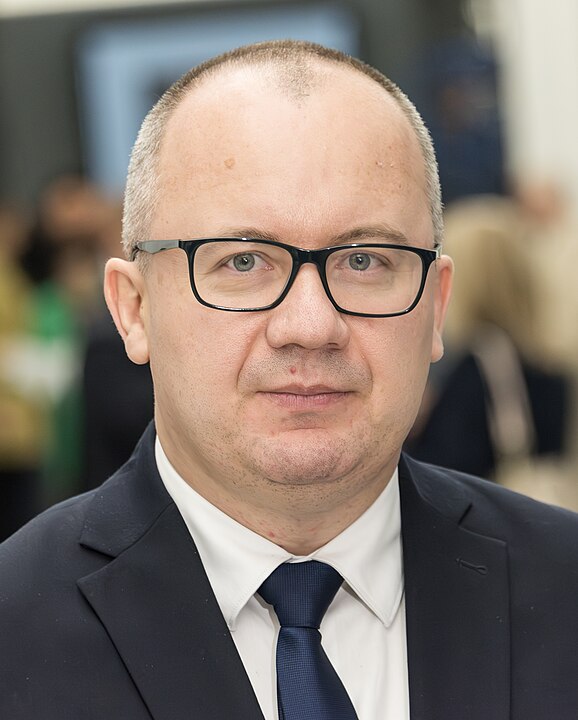The first decision of Minister Adam Bodnar was to send a request to Prime Minister Donald Tusk for Poland’s urgent accession to the European Public Prosecutor’s Office. Why was this done before the European Council summit and what consequences will this have for the Poles? And above all: what is this European Public Prosecutor’s Office, which only on the surface appears to be a noncontroversial institution, and what is it to become under the proposed changes to the EU Treaties?
On the surface, everything seems nice and noncontroversial. Based on the ‘enhanced cooperation’ mechanism, the Treaty on the Functioning of the EU provided for the creation of a European Public Prosecutor’s Office ‘in order to combat crimes against the financial interests of the Union’ (Article 86(1)). According to paragraph 2, “The European Public Prosecutor’s Office shall be responsible for investigating, prosecuting and bringing to judgment, where appropriate in liaison with Europol, the perpetrators of, and accomplices in, offences against the Union’s financial interests. It shall exercise the functions of prosecutor in the competent courts of the Member States in relation to such offences”.
A laudable aim, a magnificent idea. Member States agree that financial crime will be prosecuted with the help of investigators from a single Public Prosecutor’s Office who are specialized in this type of cases. Such Public Prosecutor’s Office was established by Council Regulation (EU) 2017/1939 of 12 October 2017. By now, 22 countries have joined the European Public Prosecutor’s Office. On the other hand, financial crime is prosecuted at national level in countries such as Denmark, Ireland, Sweden, Hungary and Poland. Here, this type of crime is mainly entrusted to the Regional and District Public Prosecutor’s Offices. Starting from 1 June 2021, the European Public Prosecutor’s Office is headed by a Romanian prosecutor Laura Codruţa Kövesi.
The supporters of joining the European Public Prosecutor’s Office claim that there is nothing controversial about this institution. After all, it is all about financial issues (e.g., extortion of subsidies), and besides, it is the ‘European way’. Naturally, they add, the Public Prosecutor’s Office will deal with the “scams of the previous government”, etc. Unfortunately, it is not true. The heart of the problem is not the existence of the European Public Prosecutor’s Office itself, but what it will become after the entry into force of the Treaty changes, which are being unceremoniously imposed by the largest EU states (mainly Germany), and which will not only federalize the European Union, but above all centralize it, and deprive countries like Poland of sovereignty in many areas (defense, foreign and security policy).
The devil is in the details. The treaty changes proposed by Germany and France make the European Public Prosecutor’s Office a super-investigative body with special powers, whose remit will extend far, far beyond the prosecution of ‘financial crimes’. Indeed, it appears that the amended Treaty will allow the European Parliament and the Council, through the ‘ordinary legislative procedure’, to extend the powers of the European Public Prosecutor’s Office to ‘combating serious crime’ (Article 86(4)). This concept is extremely vague and gives room for various interpretations of what does and what does not constitute ‘serious crime’. However, the authors of the treaty amendments provide some answer as to what the European Public Prosecutor’s Office will become. Namely, ‘gender-based violence and environmental crimes’ are to be added to ‘EU crimes’. The analysis indicates that “verbal violence” (e.g., criticism of LGBTQ communities, branded as hate speech), “economic violence”, as well as “environmental” crime (crime against the climate?) will be prosecuted under the new rules. This last concept is particularly vague. Is this about using the fireplace? Using a gas stove? Driving an old car that emits too much exhaust fumes? Any of these scenarios can really materialize and it is no longer amusing. What we do know for sure is that delegating the prosecution of certain crimes to the European level significantly reduces the ability of Poles to decide sovereignly through their representatives about what is and what is not punishable in Poland.



